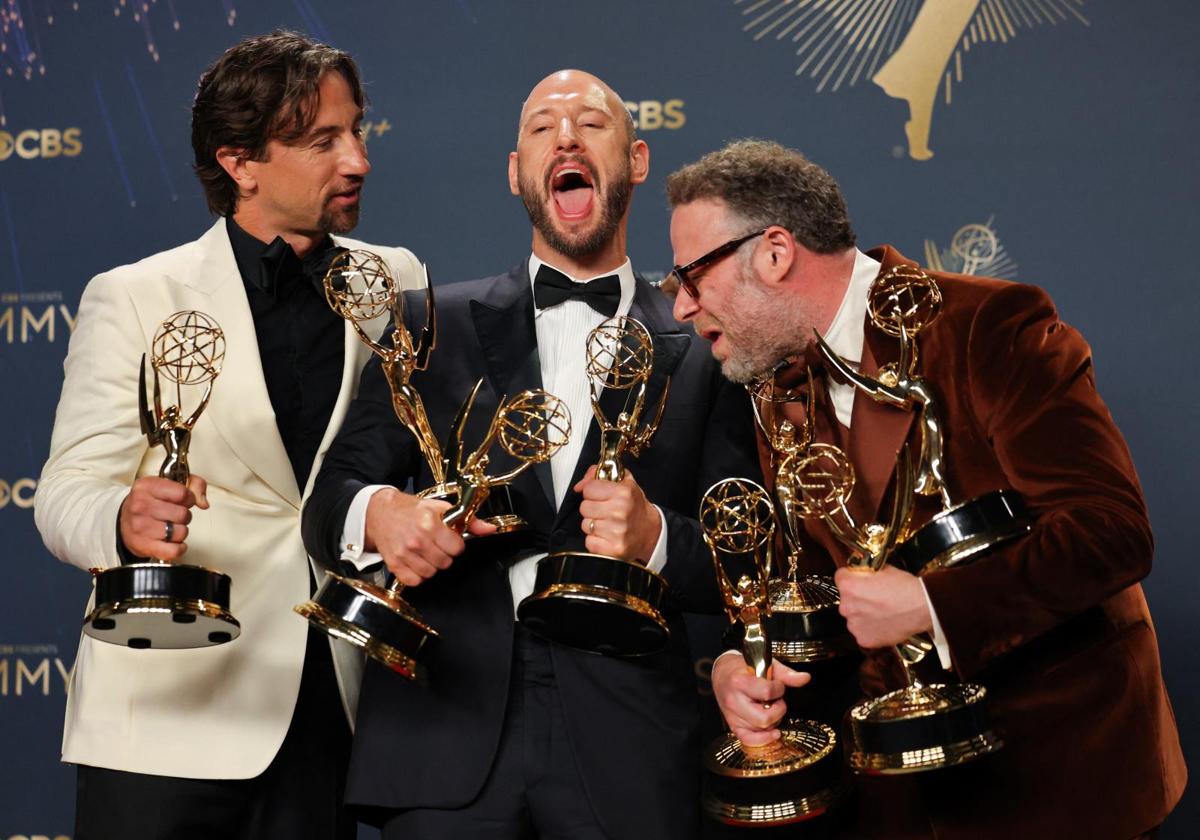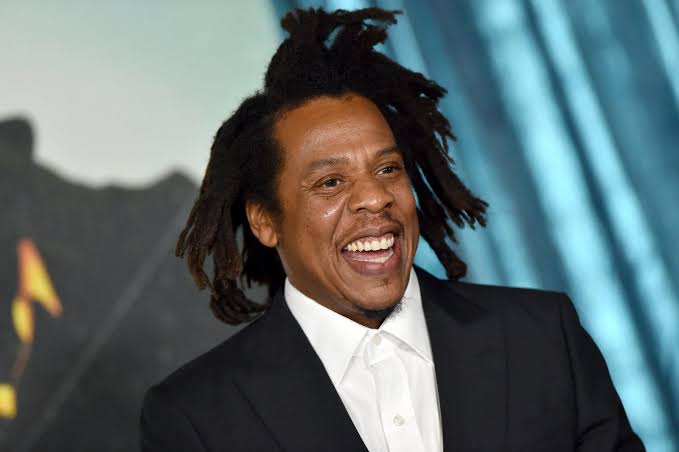Lifestyle
Sean ‘Diddy’ Combs Implicated In New Allegations Over Tupac Shakur’s Assassination
In a shocking turn of events, new court documents have implicated U.S. rapper Sean ‘Diddy’ Combs in the assassination of Tupac Shakur in 1996. The documents allege that Diddy paid $1 million to orchestrate the murder of his rival. Mentioned over 75 times in the records, Diddy’s involvement has sent shockwaves through the hip-hop community.
Duane ‘Keefe D’ Davis, a key suspect apprehended last year in connection with Tupac’s murder, claimed that Diddy funded the assassination on September 7, 1996. The U.S. Sun obtained court documents revealing that pseudonyms like Puff Daddy, P Diddy, and Diddy were referenced multiple times. The first mention highlighted the existing animosity between Diddy and Tupac.
The notorious rivalry between Diddy’s Bad Boy Records on the East Coast and Tupac’s Death Row Records, led by Marion “Suge” Knight on the West Coast, was well-known in the hiphop industry. Keefe told law enforcement that Diddy paid another gangster, Eric Von Martin, to carry out the hit on Tupac. According to Keefe’s account, Diddy contacted him after hearing about Tupac’s assassination, inquiring if it was their gang or another that carried out the act. “Sean Combs reaches out to Defendant wondering if South Side Crips were responsible for Shakur’s death by asking, ‘Is that us?’” court records revealed. “Defendant, beaming with pride, answers, ‘Yes’.”
Keefe had provided this information under the belief that he had immunity from prosecution, but it has backfired and could now be used against him in court. The court filings stated, “Defendant asserted that the conspiracy to commit the murder began in California between Defendant, Eric ‘Zip’ Martin, and Sean Combs.” Keefe admitted to LA police detectives that his nephew, Orlando ‘Baby Lane’ Anderson, was the one who actually shot Tupac, narrating how his nephew “leaned over, rolled down the window, and popped them.”
Despite Keefe’s public claims that he was only incriminating himself and not trying to provide evidence against others, the court documents paint a different picture. When police questioned him, asking, “When you said paid, paid by Puffy, right?” Keefe confirmed with a “Yeah,” as shown in the court records.
Expressing his regret, Keefe lamented, “I wish I never met Puff Daddy, period. I swear to God…He messed up my life, man. I was rich, up under the radar, all that, man… it’s all gone,” highlighting the personal toll of his involvement in the conspiracy.
These explosive allegations have reignited interest in one of the most infamous murder cases in music history, casting a long shadow over Sean ‘Diddy’ Combs and the unresolved mystery surrounding Tupac Shakur’s death.
Lifestyle
The Pitt, The Studio Dominate 2025 Emmy Awards

The Pitt, The Studio Dominate 2025 Emmy Awards
Hollywood’s biggest television stars gathered on Sunday night for the 2025 Emmy Awards, where two productions, The Pitt and The Studio, emerged as the night’s biggest winners.
The Pitt, a gripping medical drama set in a bustling emergency room, clinched the coveted Best Drama Series, while The Studio, a satirical comedy about Hollywood politics, not only won Best Comedy Series but also shattered Emmy records with a clean sweep across multiple categories.
In a defining moment of the ceremony, veteran actor Noah Wyle earned his first-ever Emmy after decades in television, winning Lead Actor in a Drama Series for his performance in The Pitt.
Wyle, visibly moved, dedicated the award to healthcare workers worldwide, describing the show’s success as “a reflection of the courage and sacrifice of those who save lives every day.”
Seth Rogen’s The Studio proved unstoppable in the comedy category, taking home 13 trophies — the highest number of wins for a comedy series in a single year, according to the Television Academy.
Rogen, who co-created and starred in the show, also walked away with Lead Actor in a Comedy Series, his first Emmy.
He called the triumph “the proudest moment” of his career.
Critics have hailed The Studio for its sharp wit and insider satire, offering audiences a humorous but piercing look into Hollywood’s inner workings.
The series’ record-breaking feat now places it among the most celebrated comedies in Emmy history.
Industry watchers say the dual success of The Pitt and The Studio signals a shift in Hollywood storytelling, with both shows reflecting real-world struggles and triumphs in institutions — healthcare and entertainment — that resonate with global audiences.
The victories came against formidable contenders including Severance and Abbott Elementary, underscoring the appetite for fresh narratives that balance cultural depth with entertainment.
As the night drew to a close, the Emmy spotlight rested squarely on The Pitt and The Studio — productions that not only entertained millions but also reinforced television’s enduring power to mirror society.
Lifestyle
Jay-Z Emerges World’s Richest Musician with $2.5bn Net Worth — Forbes

Jay-Z Emerges World’s Richest Musician with $2.5bn Net Worth — Forbes
American rap icon and business mogul, Sean Carter, better known as Jay-Z, has been declared the world’s richest musician by Forbes with an estimated net worth of $2.5 billion.
The Roc Nation founder’s fortune cuts across multiple ventures, including his luxury champagne brand, Armand de Brignac (Ace of Spades), cognac label D’Ussé, and his stakes in real estate, hospitality, technology, and startups.
He also reaped huge gains from the sale of music streaming platform Tidal and his former clothing line, Rocawear.
Jay-Z’s rise to the top further cements his reputation as not only a cultural force but also one of the most successful music entrepreneurs globally.
On the female side, American pop star Taylor Swift retained her crown as the richest female musician, with a net worth of $1.6 billion.
Forbes noted that Swift remains the first artist in history to attain billionaire status solely from music and touring earnings.
Lifestyle
Single Mothers Can’t Raise Boys Into ‘Proper Men’ – Jim Iyke

Single Mothers Can’t Raise Boys Into ‘Proper Men’ – Jim Iyke
Nollywood star, Jim Iyke, has stirred controversy with his recent remarks on parenting, insisting that single mothers cannot raise a boy into a “proper man” without the presence of a male figure.
Speaking during an interview with Okay 101.7 FM in Accra, Ghana, the actor argued that women are naturally built to nurture but lack the disciplinary balance needed to raise boys into men.
“A woman can’t raise a man. You can’t, you’re not built for it. A single mother cannot raise a man properly. You need a male influence – go get your brother that’s doing well or your father or even any man that you trust. There has to be a male presence in it [raising a boy child],” Iyke said.
He further maintained that boys require strict guidance from men in order to grow into disciplined adults.
“Because women are naturally built to nurture, to love. And then what you’re going to raise is a very weak man? He is going to be everything like the men that left you. You need somebody that would discipline him, tell him ‘No’ as often times as possible, and put him in the grind,” he added.
Iyke’s remarks have since triggered heated debates across social media, with some agreeing with his perspective while others accused him of undermining the struggles of single mothers who successfully raise responsible children without male support.
The actor, who has often been outspoken on social issues, did not back down on his position, stressing that the absence of a male role model leaves a critical gap in raising boys.
-

 Analysis7 days ago
Analysis7 days agoThe Agony of a Columnist, by Alabidun Shuaib AbdulRahman
-

 Analysis6 days ago
Analysis6 days agoNow That Nigeria Has a U.S. Ambassador-Designate, by Boniface Ihiasota
-

 Diplomacy6 days ago
Diplomacy6 days agoCARICOM Raises Alarm Over Political Crisis in Haiti
-

 News7 days ago
News7 days agoMacron invites Chad’s Déby to Paris amid push to reset ties
-

 News7 days ago
News7 days agoTinubu Unhurt After Brief Stumble at Turkey Reception
-

 News7 days ago
News7 days agoCourt, Congress Pile Pressure on DHS Over Minnesota Operations












